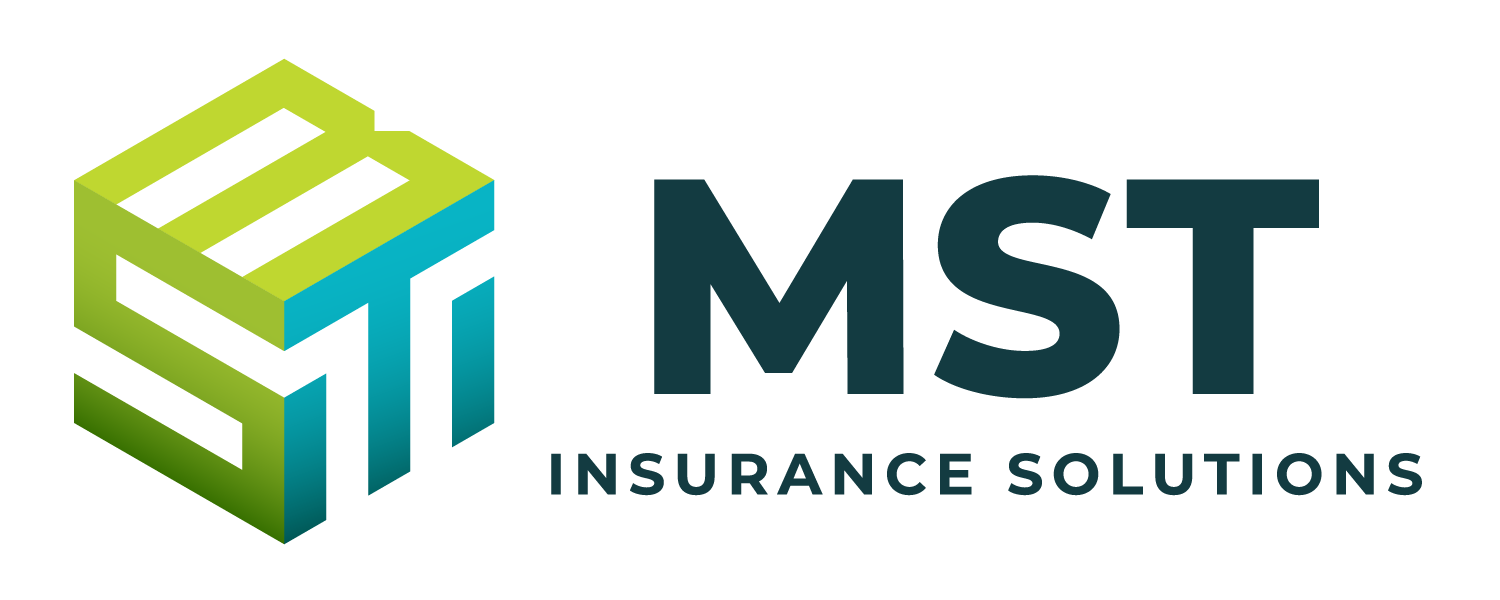The “No Surprises Act,” which establishes new federal protections against most surprise out-of-network medical bills when a patient receives out-of-network services during an emergency visit or from a provider at an in-network hospital without advance notice, will take effect next month. A new KFF brief outlines what to expect in 2022, summarizing key provisions that will be implemented.
Most adults (2 in 3) say they worry about unexpected medical bills and among privately insured patients, about 1 in 5 emergency claims and 1 in 6 in-network hospitalizations include at least one out-of-network bill. The new federal protections will apply to most surprise bills for emergency care, as well as for non-emergency services provided at in-network facilities, potentially helping alleviate this worry.
The No Surprises Act prohibits providers from billing patients more than the applicable in-network cost sharing amount in these situations. Starting in 2022, providers will need to find out patient’s insurance status before submitting the surprise out-of-network bill directly to the health plan. However, patients can give written consent to waive their rights under the No Surprise Act and be billed more by out-of-network providers. It is expected this should only happen in limited circumstances.
The brief also describes procedures to arrive at payment amounts for surprise bills, including use of an independent dispute resolution (IDR) system. Under this system, it is likely that out-of-network payments will be close to the median rate that health plans pay for in-network services, and this would moderate health plan premiums overall. However, suits filed by provider organizations are pending and could result in further regulatory changes or delay implementation of the law.
If a patient receives what they believe is a surprise bill, the new brief highlights protections, and ways to seek help. This is a complex law, with enforcement being conducted in a variety of ways, both by federal and state agencies.
The No Surprises Act allows consumers to appeal disputes over coverage of surprise medical bills to an external reviewer. Another new KFF brief looks at the process for consumer appeal rights under the Affordable Care Act (ACA), which would also be used for surprise bills. Federal law gives consumers the right to appeal health plan claims denials and other adverse decisions, including the incorrect application of cost sharing, although limits apply. This brief describes consumer access to appeals and limits on appeal rights that have been adopted through federal regulations.
Source: Kaiser Family Foundation

